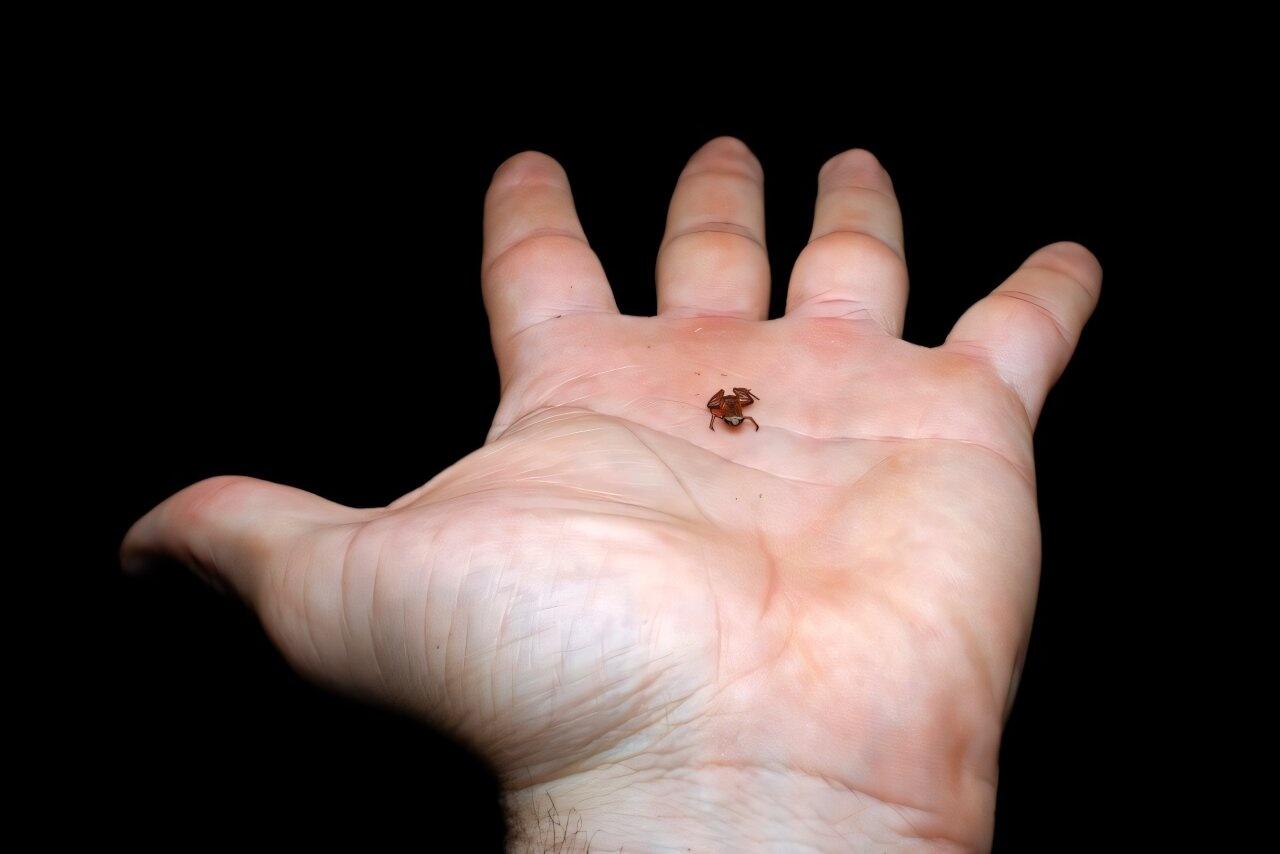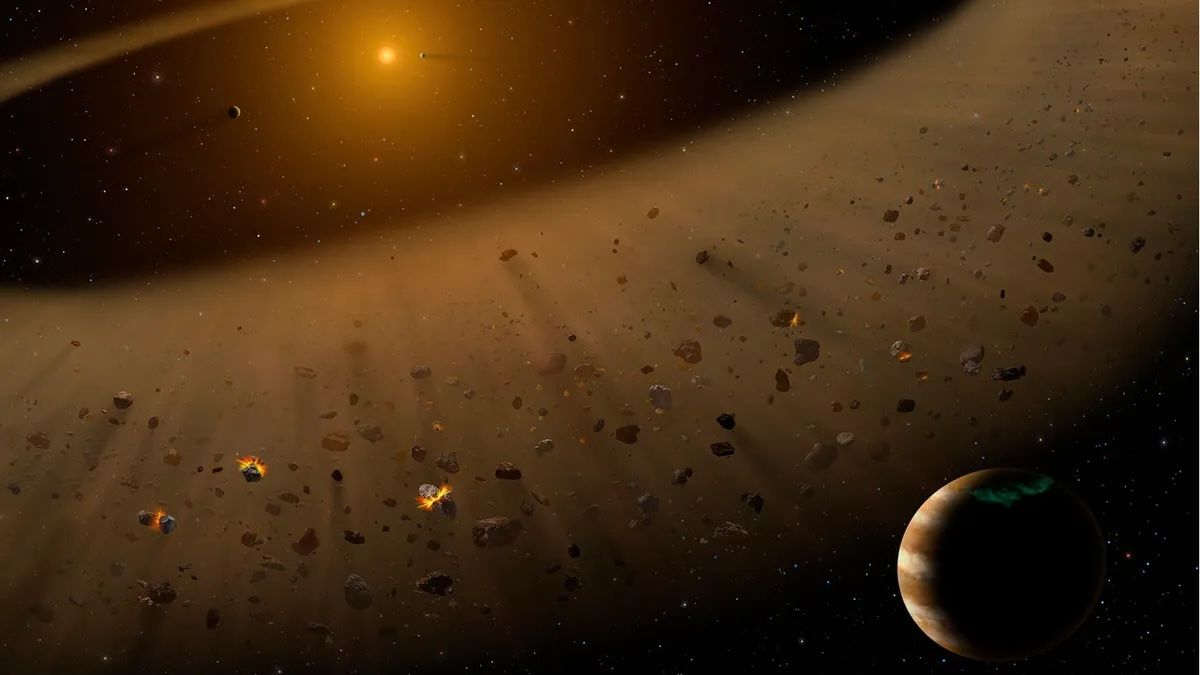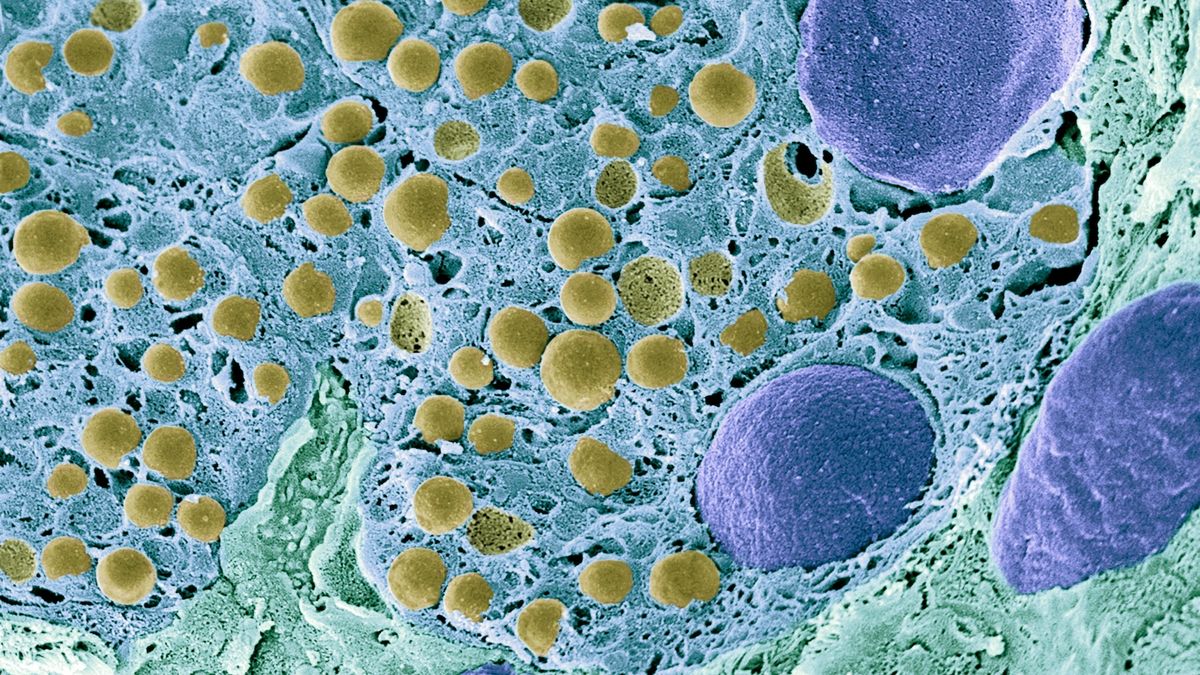How small can you get? Another new toad toad amazes scientists
The smallest vertebrates discovered so far are flea toads, which live at the limit of how small any vertebrate can get. Science’s new flea toad, Brachycephalus dacnis, sits in the palm of a researcher. (Credit: Lucas … [+] Machado Botelho / Projeto Dacnis) Lucas Machado Botelho I have shared news about several species of extremely … Read more



